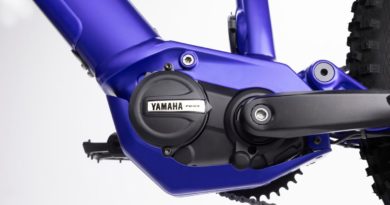Who cares about ESG? Report reveals consumers are swayed by products making sustainability claims
A McKinsey and NielsenIQ report has found that consumers are swayed by sustainability claims with, in many categories, a correlation between consumer spending and sustainability claims on product packaging (illustrating that you have to tell everyone when you are helping save the planet, otherwise it doesn’t count – commercially).
The joint study looked at five years of US sales data across 44,000 brands, 600,000 SKUs in 32 CPG categories. Products making ESG-related claims averaged 28% cumulative growth over the past five year period, versus 20% growth for those not making such claims.
When two similar products are side by side on the retail shelf and one claims to be more sustainable than the other, which will a consumer buy? That classic scenario is examined in detail in a podcast from the duo, discussing the report.
The report acknowledges its shortfalls, not least in avoiding checking the validity of some of the sustainability claims being made, but the report does reveal some interesting findings nonetheless. Among those is that large and small brands alike saw growth in products that made ESG claims. Perhaps vitally, newer products making ESG claims outperformed their non-claiming counterparts, drilling into the numbers and in 68% of categories, established products making ESG-related claims outperformed established claims without them. McKinsey hypothesised that shoppers may expect newer product to make ESG-friendly claims but are pleasantly surprised when older products make them.
Other findings that stood out from the sizeable report (you can take a look on the McKinsey site) surmised that appeared to choosing private-label brands may not merely be searching for the cheapest items available – they might also be eager to support affordable ESG-related products. With inflation hitting much of the globe, manufacturers and retailers might consider interpreting that as an incentive to offer value-seeking shoppers more ESG-friendly choices at lower price points.
So how many cycle-related products are making sustainability and/or ESG claims? That may be the basis of another article further down the line, but Santini’s two sustainable technical cycling apparel wash solutions, and Schwalbe’s landmark project of using recycled old tyre material to produce new tyres are two examples of the industry making a concerted effort to hit the ESG spot. An effort that appears to be commercially sensible as well as wise in an existential sense.



